
Blood Transfusions Made Free, Rs50,000 Aid to Cancer and Heart Patients in Bagmati
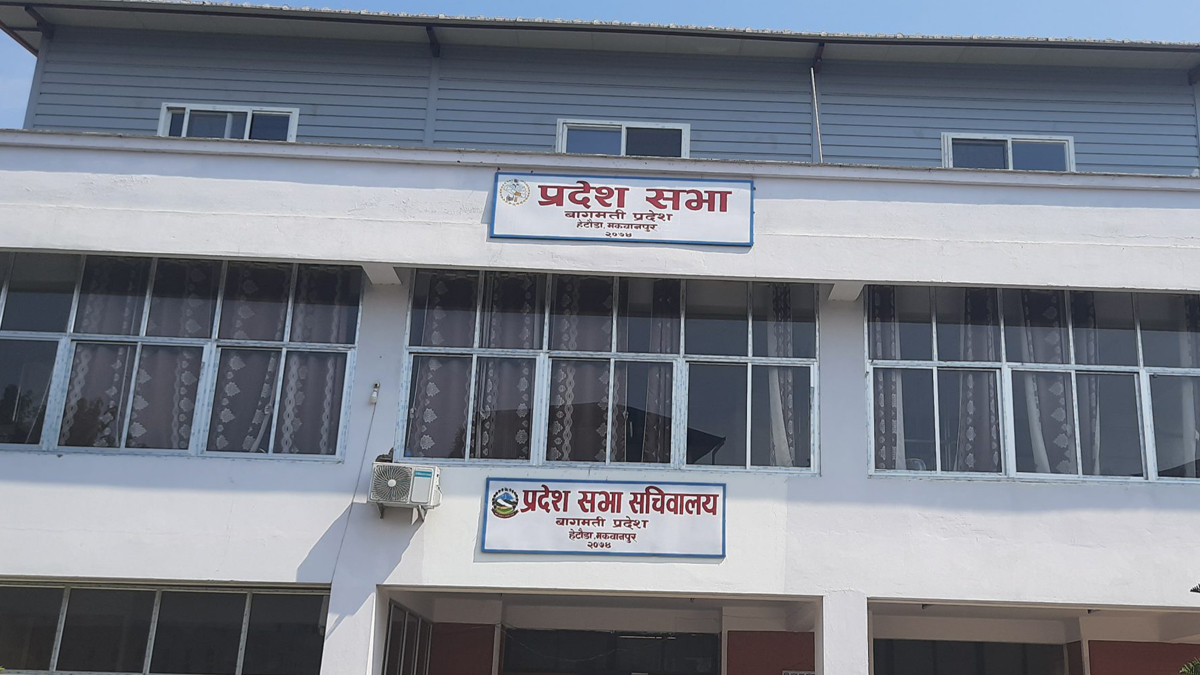
The Bagmati Provincial Government has declared that it will provide free blood transfusion services to its residents. The cost of blood transfusion, which can range from Rs810 to a maximum of Rs1,640 per unit, will be completely covered by the provincial government.
Additionally, the provincial government has allocated Rs50,000 in financial aid to support cancer and heart patients residing in the province.
The announcement was made during a memorandum of understanding (MOU) signing ceremony held at Bir Hospital in Kathmandu. Sagar Ghimire, Chief of the Health Office in Kathmandu, confirmed that the MOU was signed with various hospitals in the presence of Minister for Health and Population, Mohan Bahadur Basnet, and Minister for Health of Bagmati Province, Uttam Joshi.
Furthermore, the provincial government has taken steps to cover the remaining medical expenses not covered by health insurance for vulnerable groups, including impoverished individuals, female community health volunteers, people with disabilities, and those from endangered communities.
Several prominent hospitals, including Bir Hospital, Tribhuvan University Teaching Hospital, Patan Hospital, Shahid Gangalal National Heart Centre, Bhaktapur Cancer Hospital, Manmohan Cardiothoracic Vascular and Transplant Centre, among others, have entered into agreements with the government to provide these free medical services.
To qualify for the financial aid for cancer and heart ailments, patients are required to present recommendations from local authorities confirming their impoverished status.
Additionally, patients with disabilities and those from endangered communities will receive an extra Rs50,000 from the provincial government, in addition to the Rs100,000 provided by the federal government for patients suffering from cancer and heart ailments.
Moreover, the federal government will cover 50 percent of the premium health insurance for female community health volunteers, individuals with disabilities, and those from endangered communities. The provincial government will now assume responsibility for the remaining 50 percent of the premium.
- President Paudel Emphasizes Support for Small and Cottage Industries at Trade Fair
- Additional postal service will be gradually phased out: Minister Sharma
- Govt ignoring major opposition’s concern: Chief Whip Lekhak
- Former Finance Minister Emphasizes Need for Stronger Regulation in Cooperative Sector



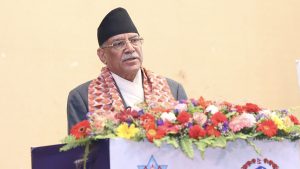
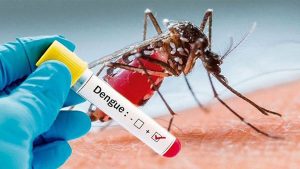
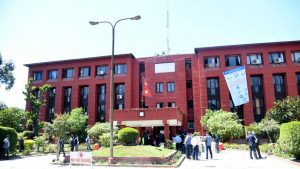




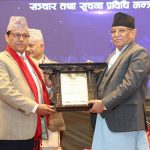


Comments